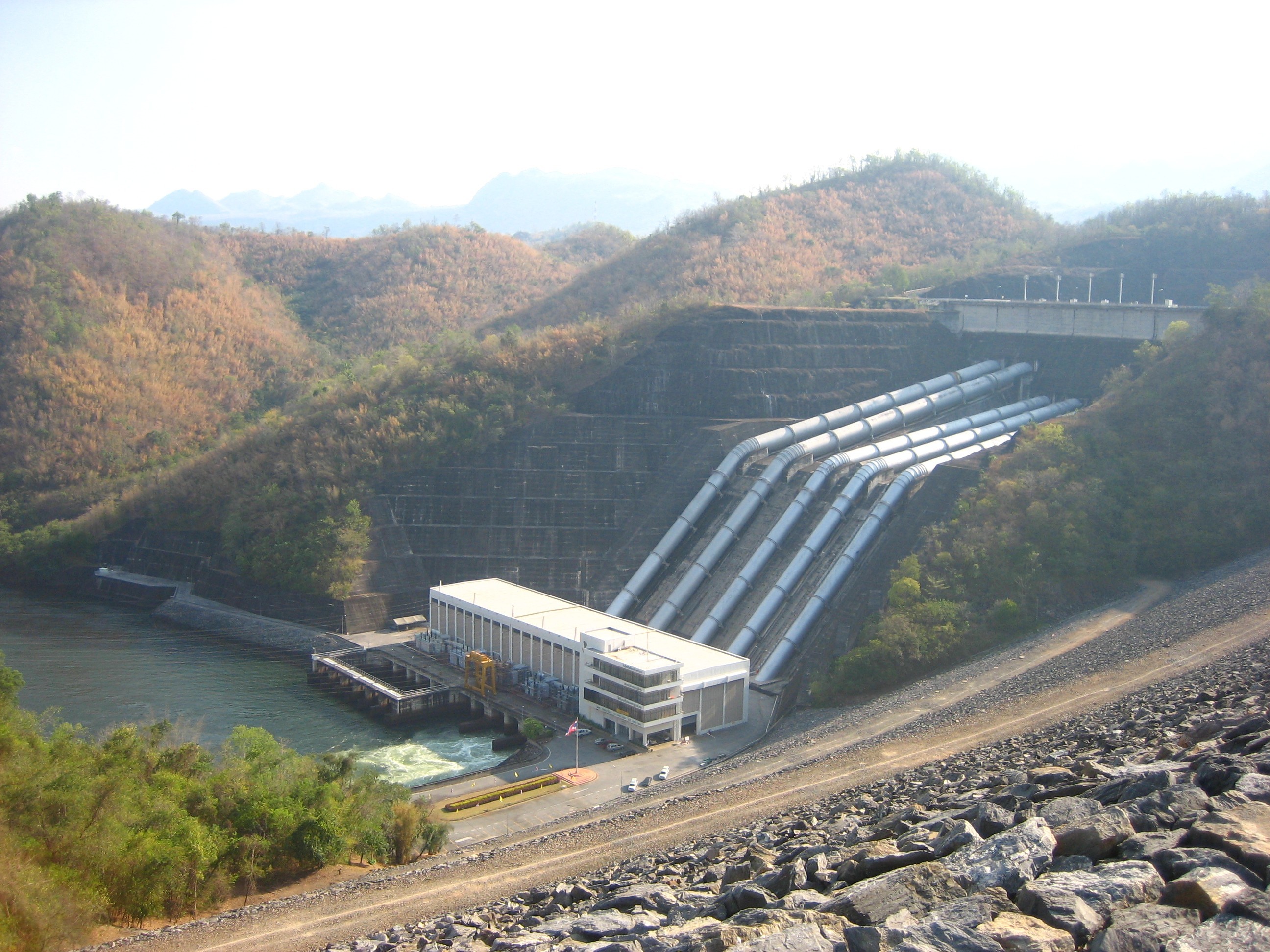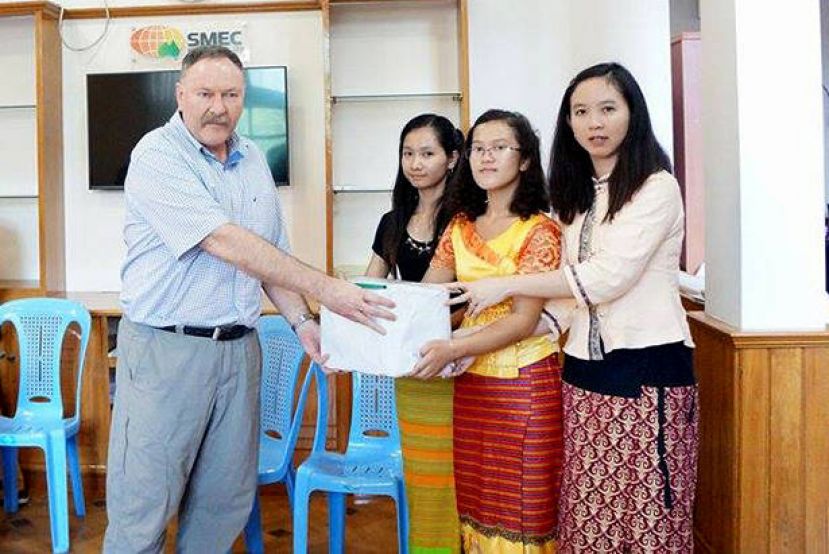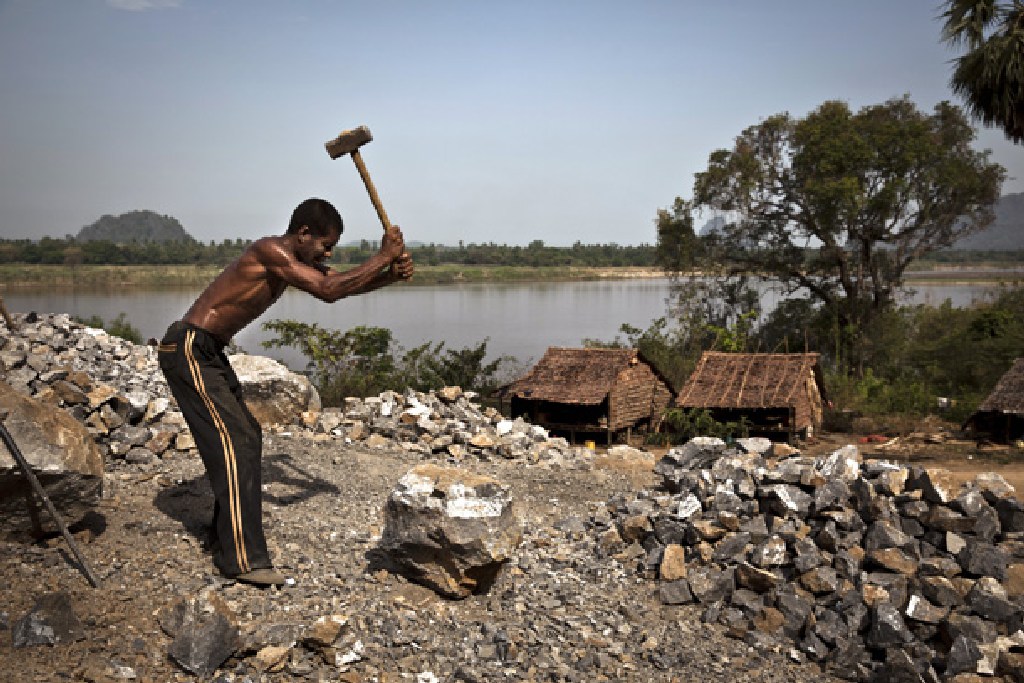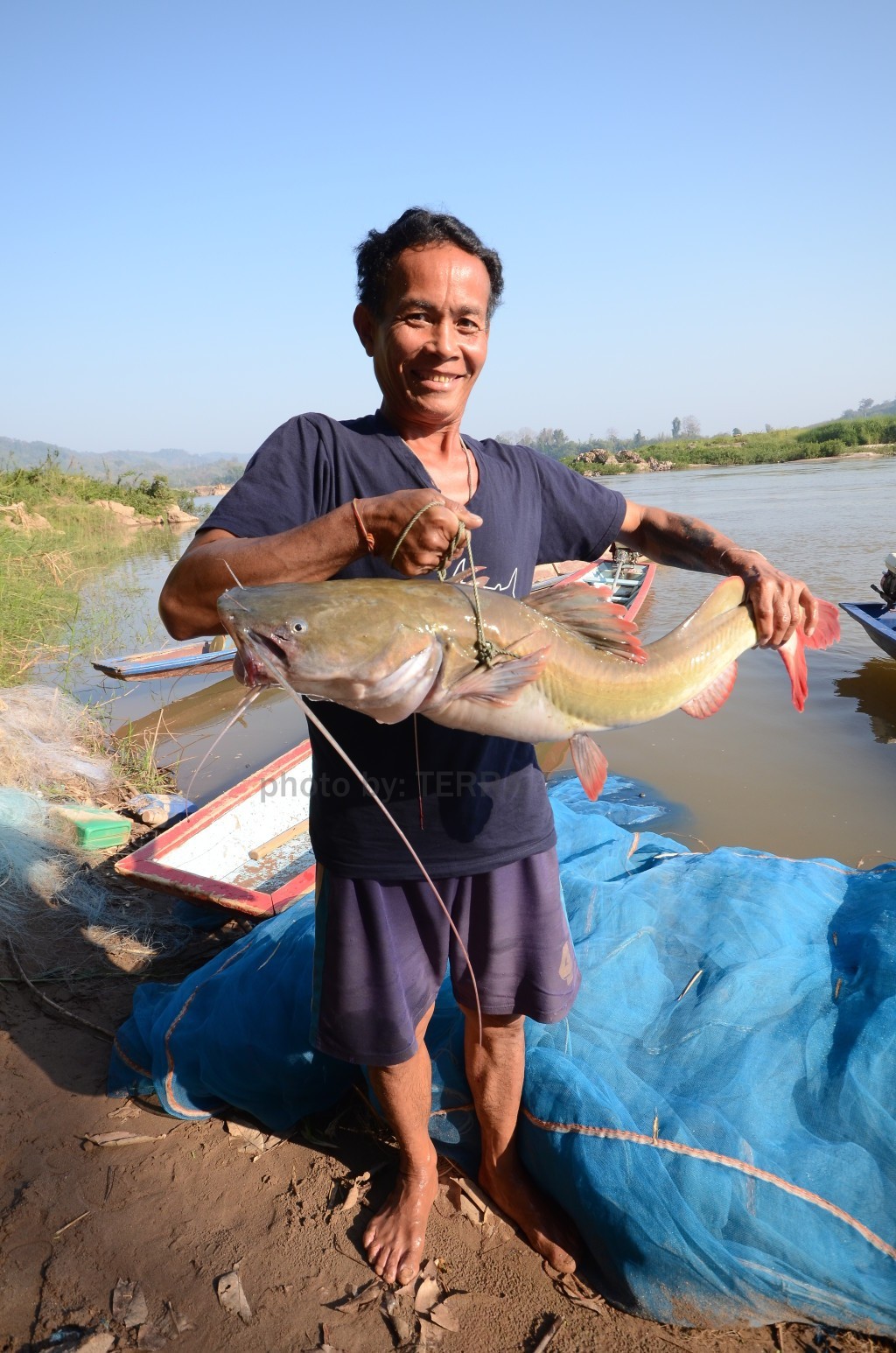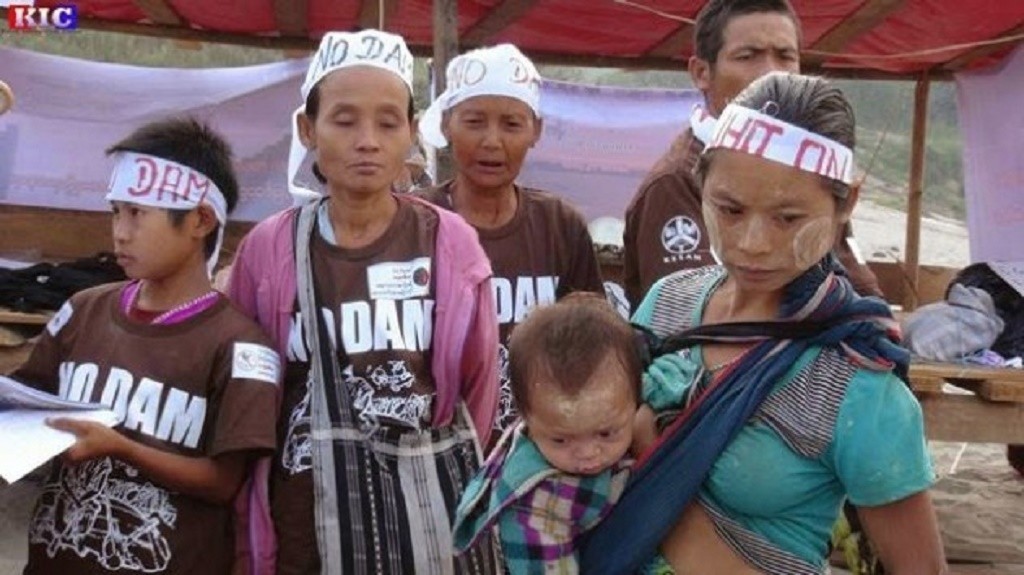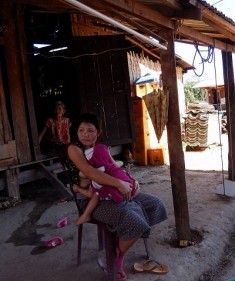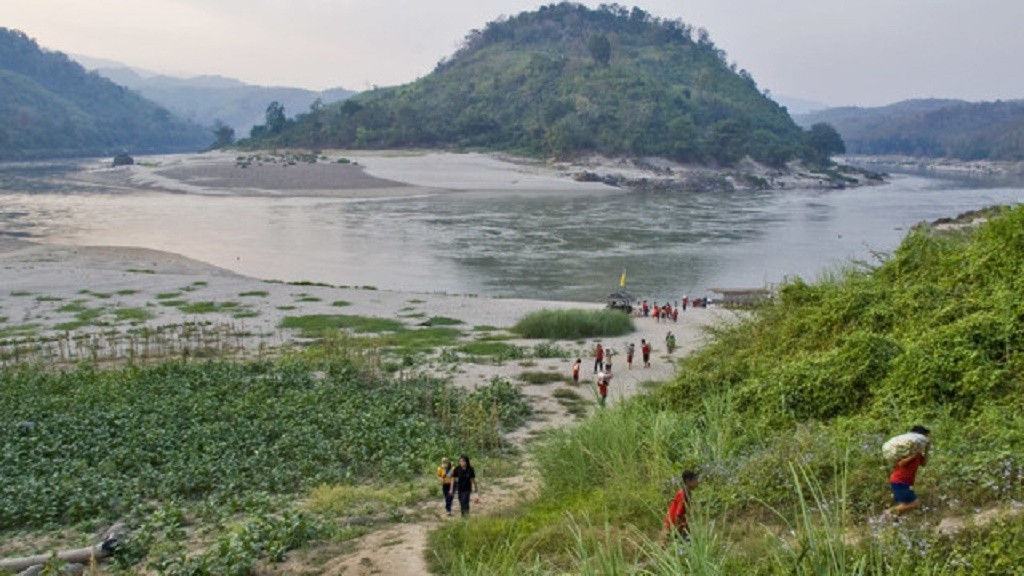In its push for coal-fired mega-projects, the Thai government risks turning its back on sufficiency-economy thinking and the need for ‘clean’ energy.
Tag: dams
Over 23,000 Shan State Residents Sign Petition Against Salween Dams
Sai Aw Shan community representatives who organised a petition opposing the construction of the Mong Ton (Tasang) Dam on the Salween (Thanlwin) River have collected the signatures of 23,717 Shan State citizens. The petition was delivered to the Yangon office of the Snowy Mountains Engineering Corporation (SMEC), the Australian consulting firm responsible for conducting environmental […]
PHOTO ESSAY: The Angry River: A Journey Along Burma’s Pristine Salween
In April 2015, photographer Patrick Brown returned to the lower part of the Salween or Thanlwin River. One of Asia’s great rivers, the Salween presents a placid face as it passes through Hpa-an, the capital of Kayin (Karen) State, close to the end of its 1,750-mile journey from the Tibetan Plateau to the Andaman Sea at Mon State.
No Recourse: Upper Mekong Dam Spells End for Tibetan Village
Cizhong, a remote Tibetan village in China’s Yunnan province, has no recourse against the onslaught of impacts from the construction of the Wunonglong dam on the Upper Mekong River.
Large dams are not the answer to climate change in the Mekong Region
Some may say it is too early to conclude that the changing weather patterns in the Mekong region – be it a longer dry season, unexpected river water level fluctuation, or cold days in early summer – are a result of climate change. Even if we could summarize the large number of expert debates and long list of research papers, it’s unlikely that a clear answer to the simple question “Is climate change happening in the Mekong?” would emerge.
Karen Groups Concerned Proposed Dams on Salween River Could Fuel Conflict and Increase Militarization
The Karen River Watch, a coalition of Karen environmental community based groups raise concerns over the proposed hydropower dam projects on the Salween River and repeated their call for a halt to all development projects. Together with local villagers, KRW held a protest near Hat Gyi Dam, one of the proposed dam sites in Hlaingbwe Township, Karen State on March 14 to mark International Day of Action for Rivers and Against Dams.
Fight for Rights Mae Chaem river: Echo from the hillside village
(Video) Mae Chaem river is the heart of people living in Mae Chaem district, Chiangmai for a long time. Small communities in this central valley has faced with a big challenge since government has announced to build Mae Chaem dam two years ago.
PR: Theun–Hinboun Power Company’s Monitoring System Still Shrouded in Secrecy
In May 2014, the General Manager of the Theun – Hinboun Power Company (THPC), Mr. Robert Allen, was appointed as chair of the Lao Hydropower Developers’ Working Group. The Working Group, which is a platform for dam companies established by the World Bank Group’s International Finance Corporation and the Lao National Chamber of Commerce and Industry, aims to support companies to “develop hydropower that meets environmental and social best practices” and “improve environmental and social risk management.” Yet, despite Mr. Allen assuming a leadership position in the Working Group, his own company has yet to follow international standards and principles of accountability.
Laos is acting responsibly on Mekong dam project
Environmental activists are once again lashing out at the Lao government and the intergovernmental Mekong River Commission (MRC) in the hope that hydropower projects on the Mekong will be delayed or cancelled.
The politics of place naming reaches the Salween River
The debate about the power of naming is long-running and contentious, engaging citizens and colonizers, academics and activists.1 “South” of China, “East” of India, Southeast Asia were names that came primarily from people not native to these regions who imagined these areas as a region through acts of war and nation building.


